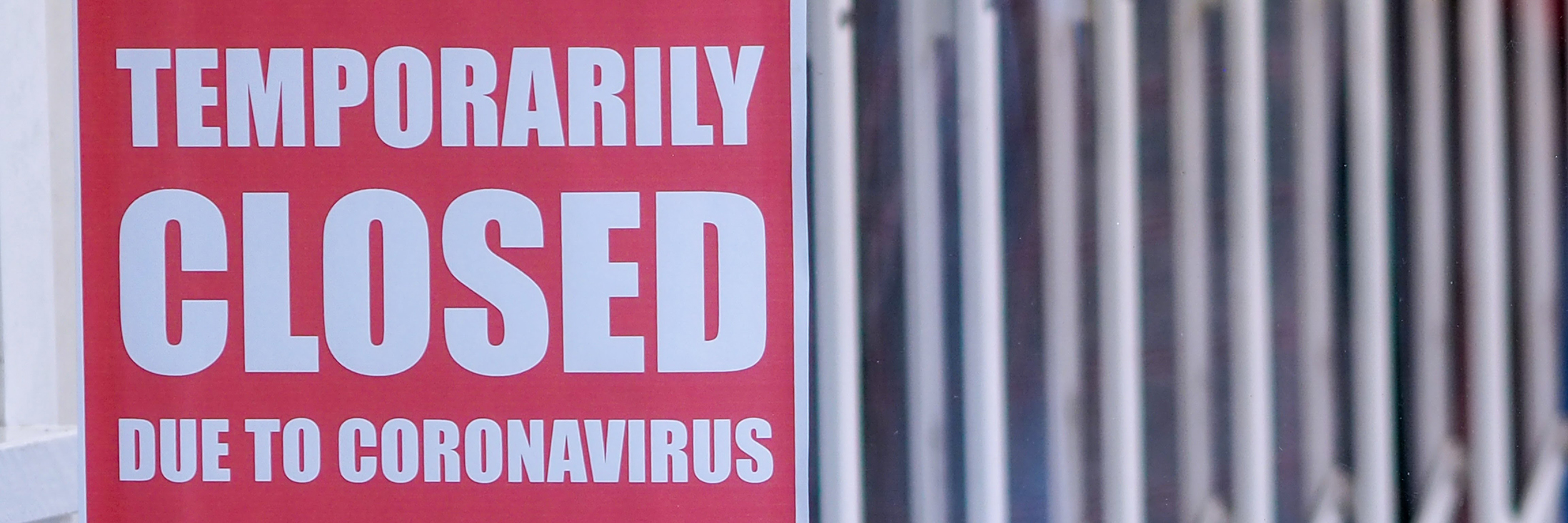On January 6, 2023, the Third Circuit affirmed lower court rulings in 14 consolidated appeals from orders dismissing claims for property damage and business interruption losses resulting from the coronavirus and/or COVID-19. Policyholder lawyers can (and will) find fault with many parts of Wilson v. USI Ins. Service LLC, Case No. 20-3124, in which the Third Circuit tries to predict how the state supreme courts of New York and Pennsylvania would interpret the phrase “physical loss of or damage to property.”
The Wilson court distills the issue presented as, “whether the businesses’ inability to use their properties for their intended business purposes constitutes ‘physical loss of’ property.” In answering this question “no,” the Wilson court interpreted physical loss of property to require a “complete (or near complete) dispossession of the property, regardless of the purpose for which that property is used,” for there to be physical loss.
What this conclusion means to businesses that lease premises
This conclusion does little for business policyholders who rent space and commit resources towards a particular endeavor. According to Wilson, as long as the property has some function or use, there is no physical loss, even where the policyholder cannot, in whole or in part, conduct its chosen business due to the presence of a deadly virus or disease. In other words, as long an insured restaurant space can be used to, for example, store auto parts, in the court’s view, the policyholder has not been dispossessed of the property, and is not entitled to coverage. This interpretation is neither commercially reasonable nor in keeping with the expectations of policyholders who are tenants operating businesses in the buildings.Continue Reading Physical loss and reasonable expectations of policyholders: The Third Circuit whiffs
